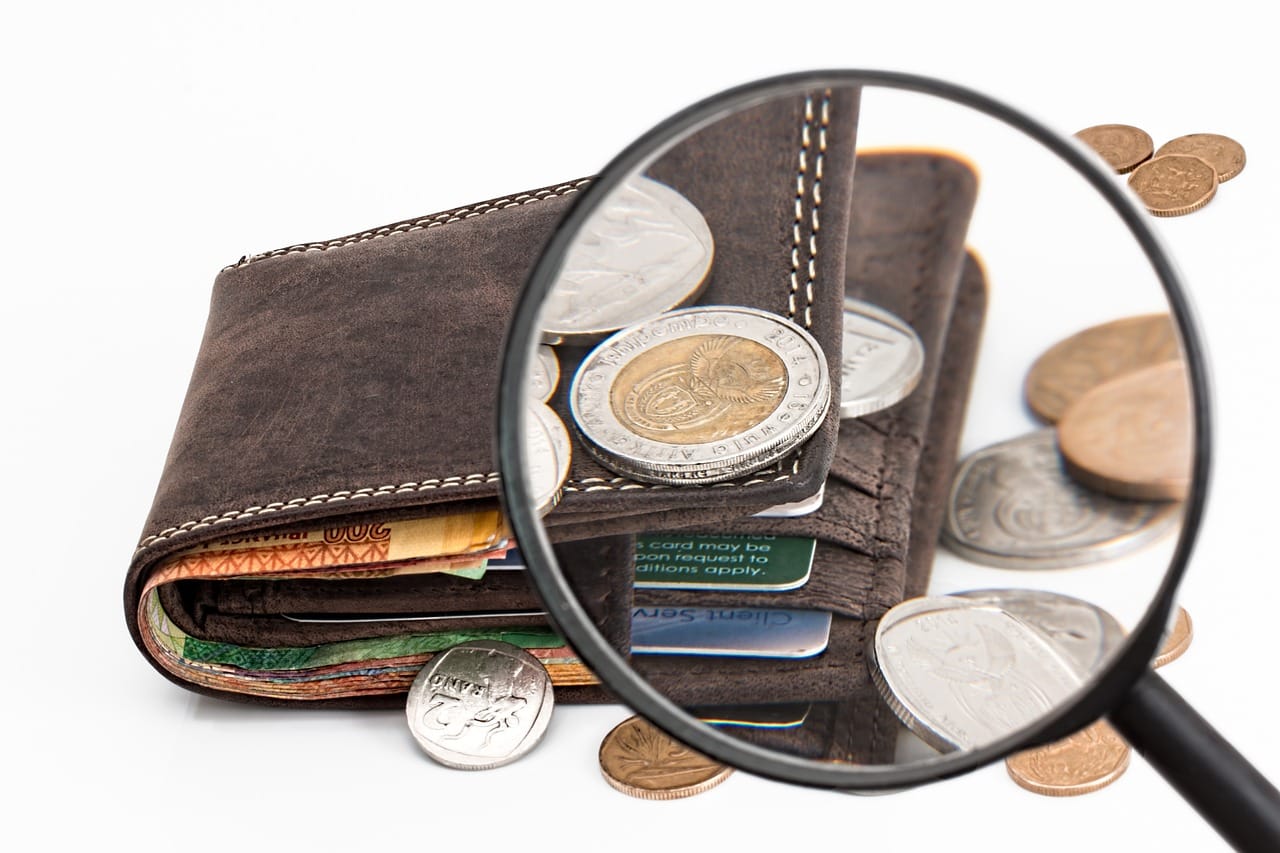How to Save Money on Transportation
Discover smart ways to save on transportation costs! From carpooling to public transit, explore budget-friendly options for a frugal commute

Introduction to budget-friendly commuting
In today's fast-paced world, transportation is an essential aspect of our daily lives. Whether it's commuting to work, running errands, or going on a weekend getaway, we rely on transportation to get us from point A to point B. However, transportation expenses can quickly add up and strain our budgets. That's why it's crucial to find ways to save money on transportation. In this article, we will explore effective strategies, affordable commuting options, and efficient transportation budgeting techniques to help you cut costs and make your commuting experience more budget-friendly.
The importance of cutting transportation costs

Cutting transportation costs is not only about saving money; it also has a significant impact on our overall financial well-being. By reducing transportation expenses, we free up funds that can be allocated towards other essential areas of our lives, such as savings, paying off debts, or investing in our future. Additionally, minimizing transportation costs can contribute to a more sustainable lifestyle by reducing our carbon footprint and reliance on fossil fuels. It's a win-win situation for both our wallets and the environment.
Current statistics on transportation expenses
Before we dive into practical strategies for frugal travel, let's take a closer look at the current statistics on transportation expenses. According to recent studies, the average American household spends around 16% of its budget on transportation costs, including fuel, maintenance, insurance, and public transportation. This percentage can vary depending on factors such as location, lifestyle, and commuting distance. However, it's evident that transportation expenses play a significant role in our overall financial picture. By understanding these statistics, we can better grasp the importance of finding ways to save on transportation expenses.
Effective strategies for frugal travel
When it comes to frugal travel, there are several effective strategies you can implement to reduce your transportation expenses. Firstly, consider carpooling or ridesharing with friends, family, or coworkers who have a similar daily commute. This not only helps you save money on fuel costs but also reduces wear and tear on your vehicle. Secondly, explore alternative transportation options such as biking or walking for shorter distances. Not only will this save you money, but it's also a great way to incorporate exercise into your daily routine. Lastly, plan your trips efficiently by combining multiple errands into one outing. This reduces the number of trips you need to make, thus saving you both time and money.
Affordable commuting options to consider
If you're looking for more affordable commuting options, there are several alternatives to traditional car ownership that you can explore. One option is public transportation, such as buses or trains, which often offer discounted passes or monthly subscriptions. Another option is joining a car-sharing service, where you only pay for the time you use a vehicle rather than the full ownership cost. Additionally, consider exploring the feasibility of telecommuting or working remotely, which can significantly reduce your commuting expenses. By considering these affordable commuting options, you can find a solution that fits your budget and lifestyle.
Tips for saving on transportation expenses
In addition to the strategies mentioned above, here are some additional tips for saving on transportation expenses:
- Maintain your vehicle: Regular maintenance can prevent costly repairs and improve fuel efficiency.
- Comparison shopping for insurance: Don't settle for the first insurance quote you receive; shop around for the best rates.
- Use apps and websites: Utilize apps and websites that provide information on the cheapest gas prices in your area.
- Consider a fuel-efficient vehicle: If you're in the market for a new vehicle, opt for one that offers better fuel economy.
- Take advantage of rewards programs: Many gas stations and credit cards offer rewards programs that can help you save on fuel costs.
By implementing these tips, you can make a significant impact on your transportation expenses.
Efficient transportation budgeting | A step-by-step guide
Creating a transportation budget is an essential step in managing your expenses effectively. Here's a step-by-step guide to help you create an efficient transportation budget:
- Track your current expenses: Start by tracking your transportation expenses for a month to understand where your money is going.
- Set realistic goals: Determine how much you want to reduce your transportation expenses and set a realistic goal to work towards.
- Identify areas for improvement: Analyze your expenses and identify areas where you can make cuts or find more affordable alternatives.
- Allocate funds: Allocate a specific amount of your monthly budget to transportation expenses, considering your goals and priorities.
- Monitor and adjust: Regularly review your transportation budget, track your progress, and make adjustments as needed.
By following this guide, you can create an efficient transportation budget that aligns with your financial goals.
Case studies | How others have saved on transportation

To provide real-life examples and inspiration, let's explore a couple of case studies on how individuals have successfully saved on transportation expenses.
Case Study 1 | Sarah's Carpooling Success
Sarah, a working professional, used to commute to work alone every day. However, she decided to reach out to her colleagues and discovered that three of them lived in the same neighborhood. By forming a carpool, Sarah was able to split the fuel costs and reduce her monthly transportation expenses by 50%.
Case Study 2 | Mark's Bike Commute
Mark, a fitness enthusiast, decided to incorporate biking into his daily commute. He invested in a quality bicycle and started biking to work instead of driving. This not only saved him money on fuel but also improved his physical fitness and overall well-being.
These case studies demonstrate how simple changes in transportation habits can lead to significant cost savings.
Additional resources for controlling transportation costs
If you're looking for more information and resources on controlling transportation costs, here are some additional sources to explore:
- [Website 1]: Provides comprehensive tips and strategies for budget-friendly commuting.
- [Website 2]: Offers insights and tools for efficient transportation budgeting.
- [Book Title]: A recommended book that delves into various ways to save money on transportation expenses.
By utilizing these resources, you can further enhance your knowledge and find additional techniques to save on transportation expenses.
Conclusion and final tips
In conclusion, saving money on transportation is not only feasible but also essential for our financial well-being. By implementing effective strategies, exploring affordable commuting options, and adopting efficient transportation budgeting techniques, we can take control of our transportation expenses and free up funds for other important areas of our lives. Remember, every small change can make a significant difference in the long run. So, start implementing these tips today and enjoy the benefits of a more budget-friendly commuting experience.
CTA: Start implementing these tips today and take control of your transportation expenses. Your wallet and the environment will thank you!



